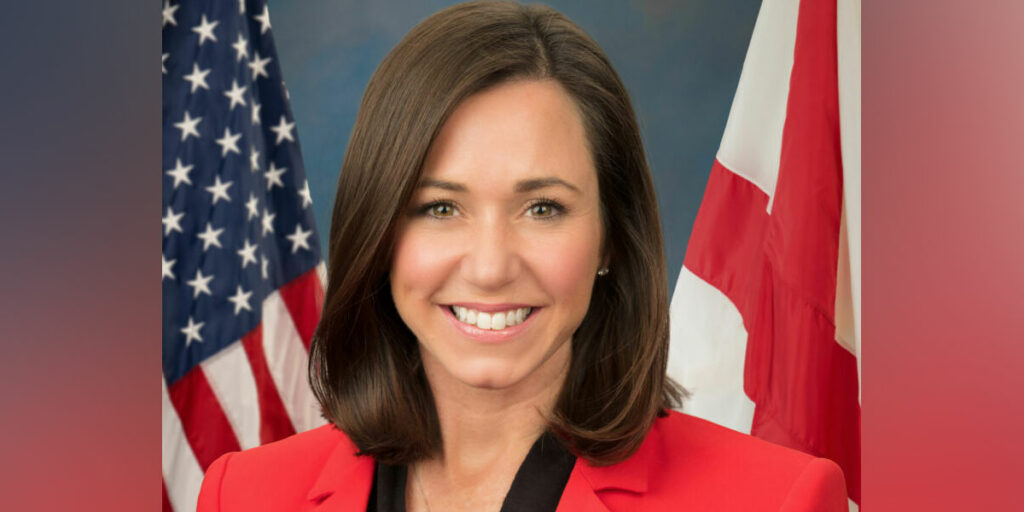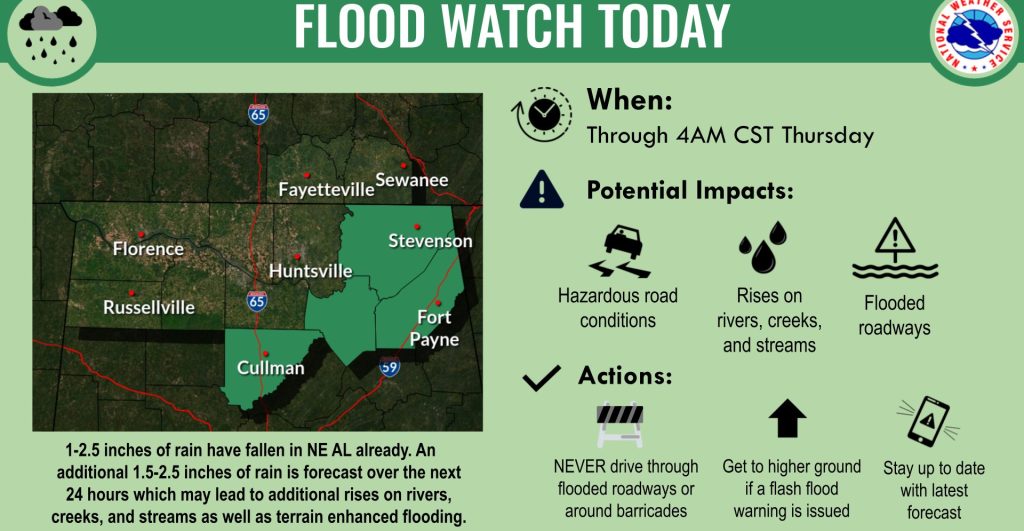It’s wrong to hurt people who are struggling to help people who are already doing well. But Congress is expected to vote soon on budget and tax legislation that would do exactly that.
Congress must decide this year whether to renew the 2017 federal tax cut law, which provided tax breaks that overwhelmingly benefited wealthy households and highly profitable corporations. To offset the cost of these tax giveaways, Congress would have to slash funding in other areas. And many of those proposed service cuts would make life worse for Alabamians who struggle to make ends meet.
The damage could be severe for hundreds of thousands of people across our state. As many as 1 in 5 Alabamians enrolled in Medicaid could lose their health coverage due to cuts and onerous work reporting requirements. Many more people could see food assistance reduced or eliminated. Other potential targets for cuts include school meals, the Child Tax Credit and tax credits for Affordable Care Act coverage.
These cuts could cause more economic harm in our state than in most others, because Alabama receives far more federal dollars than we pay in taxes to the federal government. In 2022, Alabamians got a return of $2.01 for every dollar in federal taxes paid per capita. That ranked Alabama as the nation’s seventh-highest beneficiary of federal funds.
As Alabama Arise and 55 partner organizations wrote last month to Alabama’s congressional delegation, Congress should put the future and well-being of all of us ahead of tax cuts for the wealthy and well-connected.
How federal funding improves the quality of life in Alabama
Alabama receives a wide array of federal funding to support and maintain public infrastructure, programs and services. This funding is administered at the state, regional and local levels.
Alabama benefited from more than $14.5 billion in federal funds in fiscal year (FY) 2024.
Here are a few key examples:
- $8.1 billion for health and human services, including Medicaid, the Children’s Health Insurance Program (known as ALL Kids in Alabama), Head Start, child care subsidies, child welfare and child protective services, HIV/AIDS prevention, opioid and substance use disorder treatment programs, and supportive services for older adults and people with disabilities.
- $2.86 billion for nutrition and agriculture programs, including the Supplemental Nutrition Assistance Program (SNAP), the Special Supplemental Nutrition Program for Women, Infants and Children (WIC), school meal programs, emergency food assistance, cooperative extension services and agricultural research.
- $1.4 billion for transportation, including funds for highways, railways, airports and bridges.
- $1.35 billion for education, including Title I programs, Pell Grants, special education programs and 21st Century Community Learning Centers.
- $318 million for housing and urban development programs, including homeownership programs, Community Development Block Grants and assistance for people facing homelessness.
- $142.1 million for environmental protection, including grants to support clean water, clean air, pesticide management and enforcement of hazardous waste disposal.
- $110 million for fish and wildlife programs and other programs supported by the Department of the Interior.
- $92.4 million for the Tennessee Valley Authority.
- $82 million for workforce development programs, including jobs programs for veterans, unemployment insurance and Workforce Innovation and Opportunity Act (WIOA) programs.
- $23.8 million for Department of Justice programs, including sexual assault investigations, supports for crime victims and programs to prevent violence against women.
- $12.6 million for homeland security.
- $4.7 million for energy assistance and weatherization programs.
- $2.1 million from the National Endowment for the Arts.
- $1 million to support election administration.
Our lawmakers should reject harmful service cuts for working people and tax giveaways to wealthy households. And they should focus instead on building an economy that works for everyone in Alabama and across our country.
Robyn Hyden is executive director of Alabama Arise.











